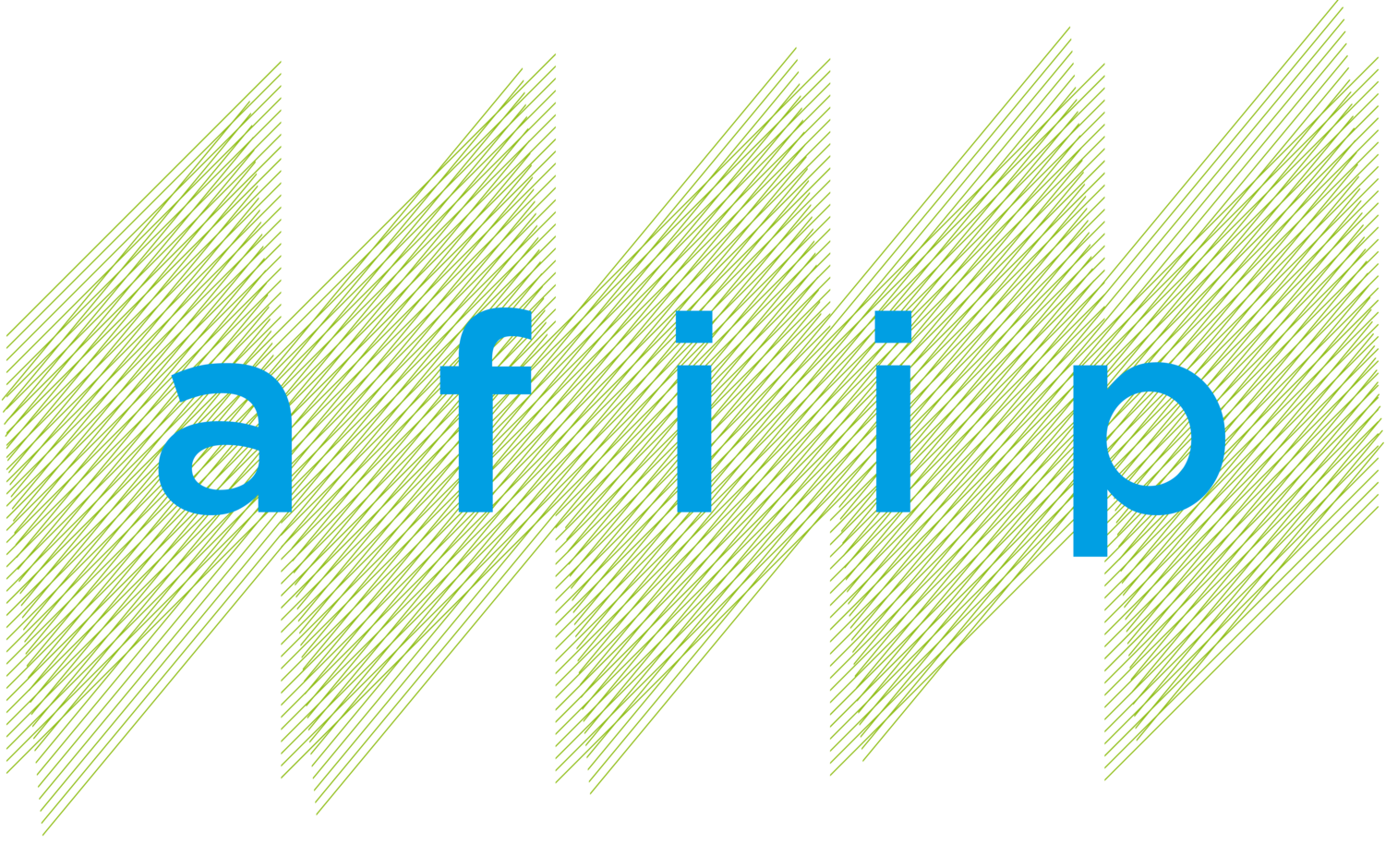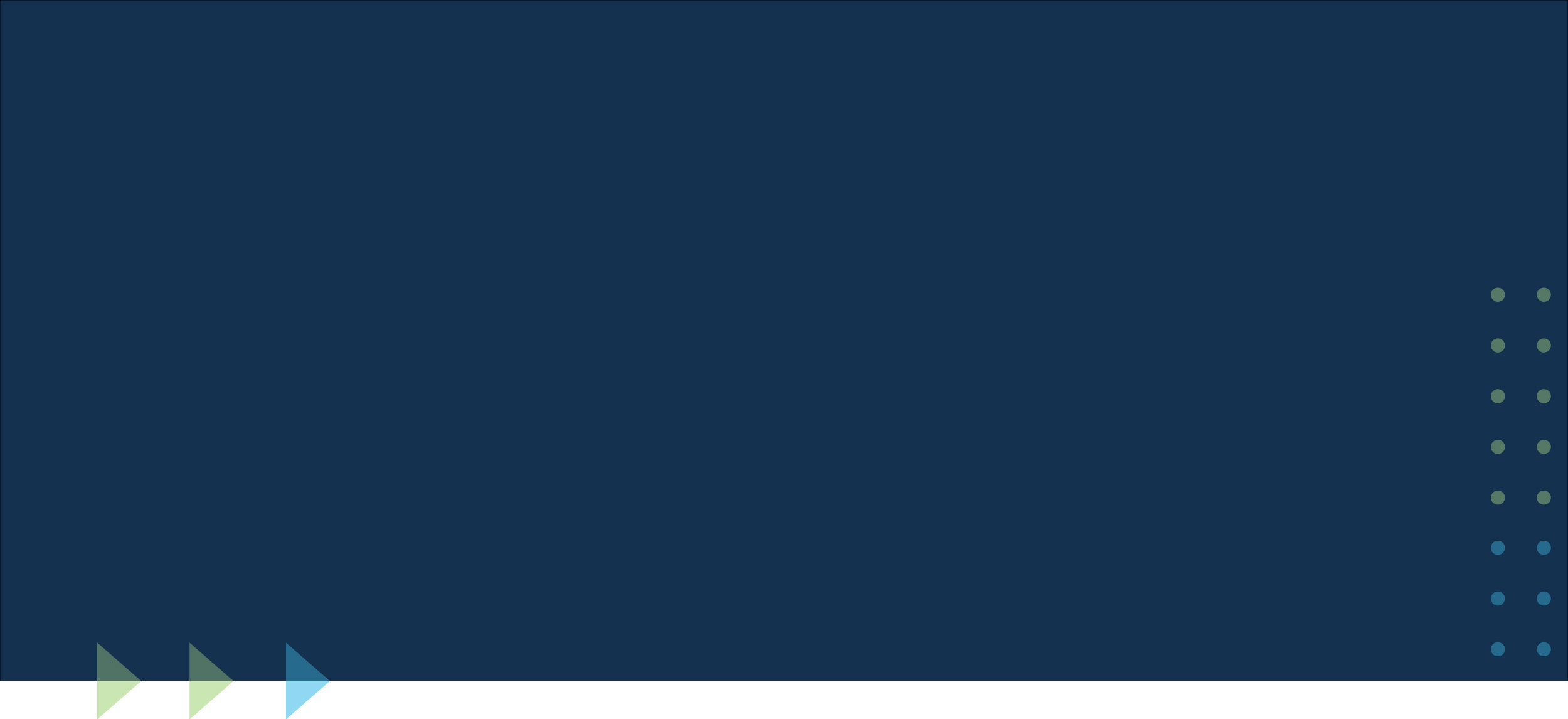
Our Theory Of Change
Financial inclusion is a persistent challenge in the Arab world
The Arab world has some of the lowest levels of financial inclusion. 59% of individuals in the MENA region do not have access to an account, 90m individuals borrow informally and 99% of individuals do not have access to insurance [Source: CGAP]. Furthermore, 63% of MSMEs do not have access to finance [Source: CGAP based on Global Findex, IFC and Axco Data], and the region exhibits the largest gender gap with regards to access to finance in the world at 17% [WEF].
But high levels of talent, demand and capital investment in the region mean that the Arab world is a key geography for the emergence and growth of innovative solutions.
AFIIP, an initiative of the NGO Rakiza, was founded in 2018 to target this potential towards solving challenges related to financial inclusion. We identify and support innovations that can provide more accessible, cost-efficient financial services to enable the development of new financial business models and technologies that are smart, efficient and inclusive.
Innovation is a powerful tool that can bring added value at all levels of the financial services supply chain. We know that innovation can emerge from the most unpredictable sources and so we look for solutions from across the institutional space.

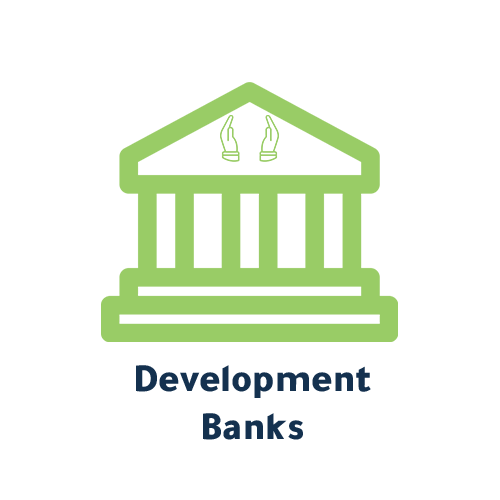

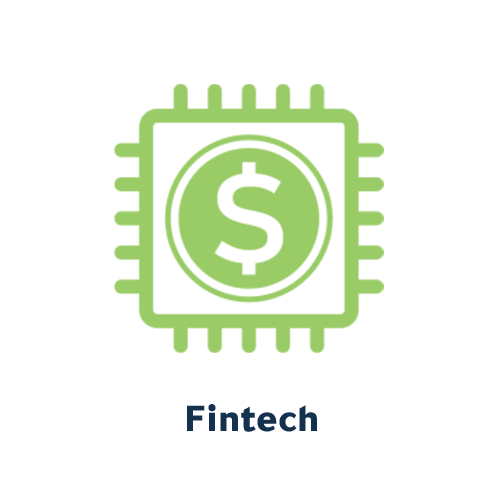
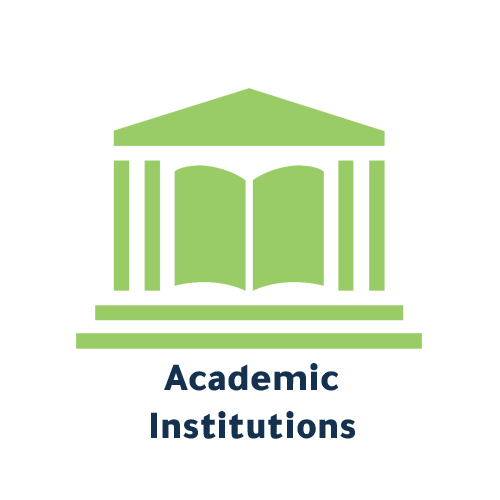
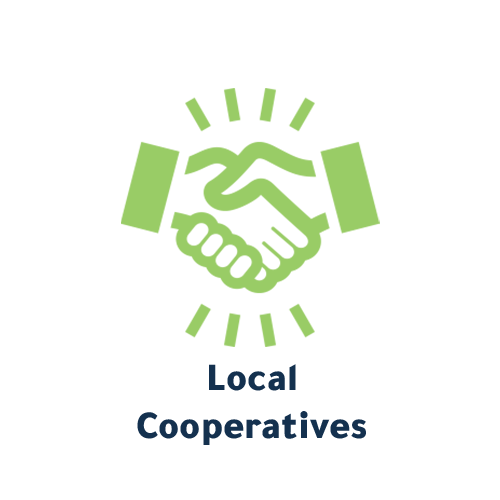
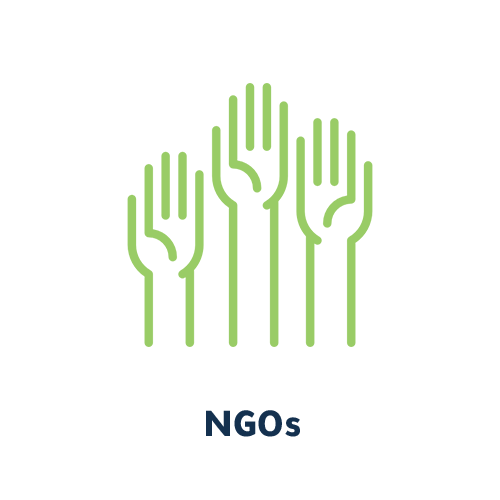

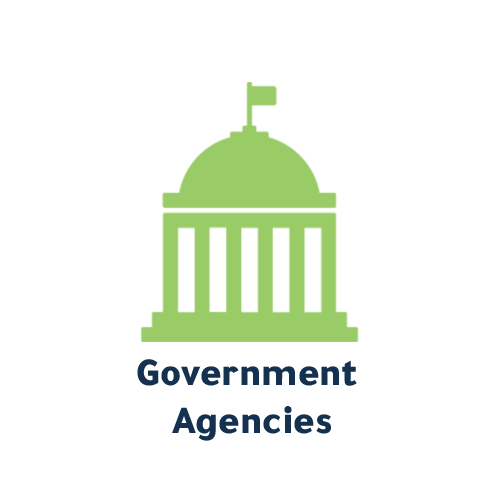

And that can enable or enhance financial services provision, distribution, and infrastructure, in a myriad of ways.
Operator
Regulations drive the type of organisation that can offer financial services. But innovation can be disruptive by transforming the nature of existing service suppliers, or introducing new operators not yet present in the financial services.
Product
Many of the products on offer in the financial services sector are derivatives of each other. The very large majority are group loans or individual loans, based on similar risk profiling and delivery. Recently, digital financial services have expanded to include other products and services such as micro-insurance, payment systems and savings. The world of fintech, blockchain and big data is primed to improve the current offerings and create new high-tech, high-contact products and services.
Client
Financial inclusion is founded on a high-contact relationship with the end clients and therefore constrained when there is a lack of information about them. Innovations to increase information about the client would upgrade trust and efficiency in the sector.
Process
Due to its high-contact nature, microfinance is labour and process-intensive. Innovations to create superior methods for delivering the product or service by reinventing cost structure or operationality would streamline processes, reduce costs and increase efficiency.
Ecosystem
Financial Inclusion depends on trust between stakeholders at all levels of the market value chain. From the financial service provider to the government authority to the wholesale funder, strong relationships are vital. These stakeholders often work with partner service providers to manage cash payments, warranting creative and implementable innovations to improve trust and efficiency.
Just take a look at some of our previous finalists (2018, 2019) who have worked in eKYC, Payment Solutions, Mobile wallets, Group Savings, microfinance client Geolocation, insurtech, agrifinance, Islamic Lending and Financial Literacy (to name just a few!)
We’ve helped them through grant funding and then continue to provide year-on-year support to help them prove their business models and make the most impact.
Some of the ways we’ve done that:
1. Building relationships with Venture Capital firms and investors
2. Connecting them with potential clients and users.
3. Providing technical assistance and mentorship
4. Organizing webinars and workshops with scale-up by facilitating introductions to potential clients, investors and users.
5. Raising awareness among global thought leaders and mentors, from development agencies to research institutions, and regulators to start-up accelerators.
